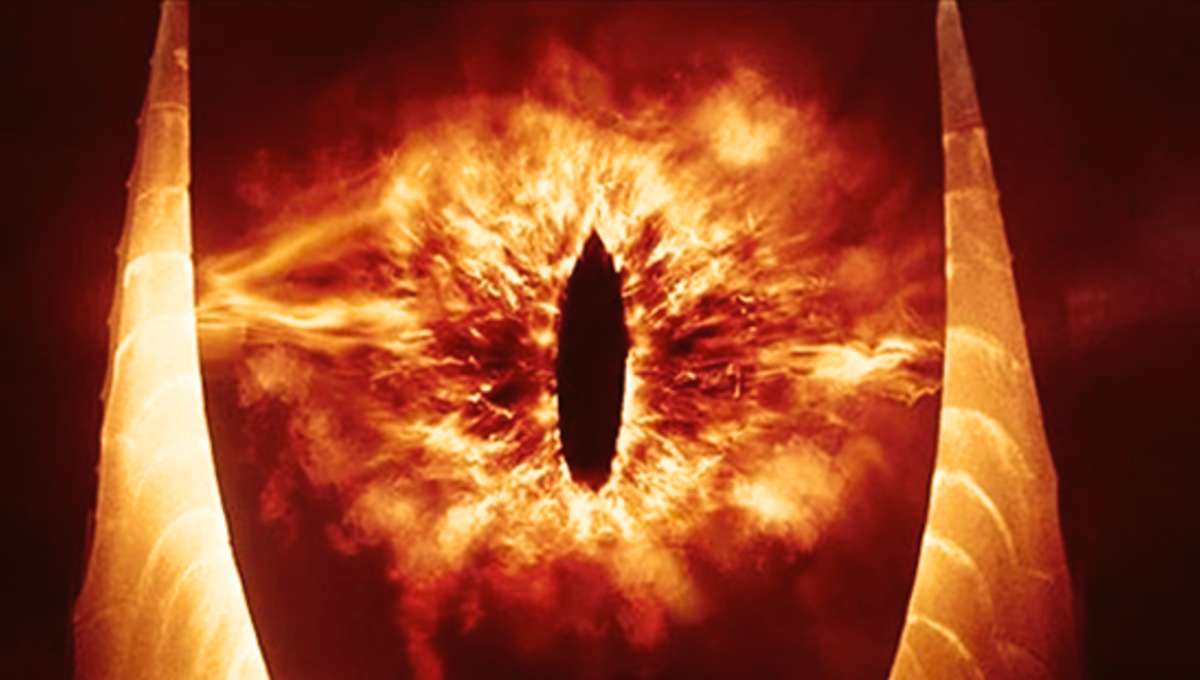
Firstly, I’m a big fan of Lord of the Rings, the Hobbit and the Silmarillion. This article isn’t offering disrespect to the memory of JRR Tolkien or his many fans. I’m coming at this only from the viewpoint of an RPG player and GM
Sauron is a monolithic evil. He’s bad because he’s bad because he’s bad. And he’s very bad. The world around him becomes bad. Creatures under his sway become bad. Even one of Michael Jackson’s albums became bad.
I’m not averse to the ideas of evil in fantasy settings in RPGs, it’s sometimes liberating to have someone explicitly evil to punch, stab or incinerate without wondering if they were simply misled and deserving of redemption. I prefer to give antagonists in my games a little more depth but I have no moral objection to the idea of unfiltered evil as a concept.
Less useful though is the idea that the single monolithic evil entity exists. By doing so it becomes the defining focus of the world and all struggles, eventually, converge on the Sauron figure, all stories eventually become a single story – can we defeat the Evil? If we do not then the world will be lost. This is less satisfying I feel than presenting a world in which there are evils (note the lack of capitalisation, the western world’s typographic ranking system for abstract entities) rather than an Evil. Player characters can oppose a variety of antagonists for a variety of reasons, but the world keeps on spinning whether they succeed or fail.
In practical terms this means they can succeed, or fail, without the campaign coming to an end. Defeat the Evil, and … well… play on in a peaceful land until the GM inevitably decides to bring in Evil-Squared in a predictable sequelisation with more car chases and explosions? Fail to defeat the Evil though and the world is plunged into ruin and at the very least the campaign will change beyond all measure… and probably just become a continuation (“well now you REALLY need to defeat the Evil, and that was just the end of Act One”).
Does this mean I’m advocating scenarios without stakes? Not at all. In fact I would argue that a world-dominating Evil provides less of a stake than alternatives. If the enemy will consume all that exists in a miasmic cloud of ultimate bad if they succeed… then the stakes become abstract and to an extent unlikely. The heroes are set up to win, let’s be honest, though there may be challenges along the way. Smaller stakes can seem more real, because the GM can take the gloves off and make the player characters really earn their victories, knowing that a failure doesn’t screw up the world.
A Doctor Who related comparison, offered up from the depths of my decades of fandom: Stories where the Doctor is fighting a foe with a Universe-Destroying-Bomb up his arse play out like cartoons. You know the Universe isn’t actually going to be destroyed, and even if it is it will turn out it was just a copy of the Universe tucked in Amy’s boot or something. Compare that to something like “The Horror of Fang Rock” where the stakes were confined to one desolate light house with a cast of interesting characters in the path of a solitary alien creature. It was tense as hell. The NPCs fell like flies. In the end only the Doctor and his companion escaped and that was touch and go. Everyone else died.
Those are the moments that make “Just this once, everybody lives!” mean something special.
I would urge GMs who fall back on the Sauron type of Big Bad (and another rant may be directed at the assumption that there is a Big Bad in RPG scenarios which always smacks of video-game simplicity to me and implies a simple stabby solution) to look at dropping the stakes in their games, making a smaller scale but genuine threat to something the PCs hold dear and see how it changes play.
Finn’s first novel A Step Beyond Context is available on Amazon.co.uk and Amazon.com and a few others as well. It’s a punchy genre-busting mystery with a heroine who is a Regency lady, a high tech mercenary and much more.
Comments
Post a Comment